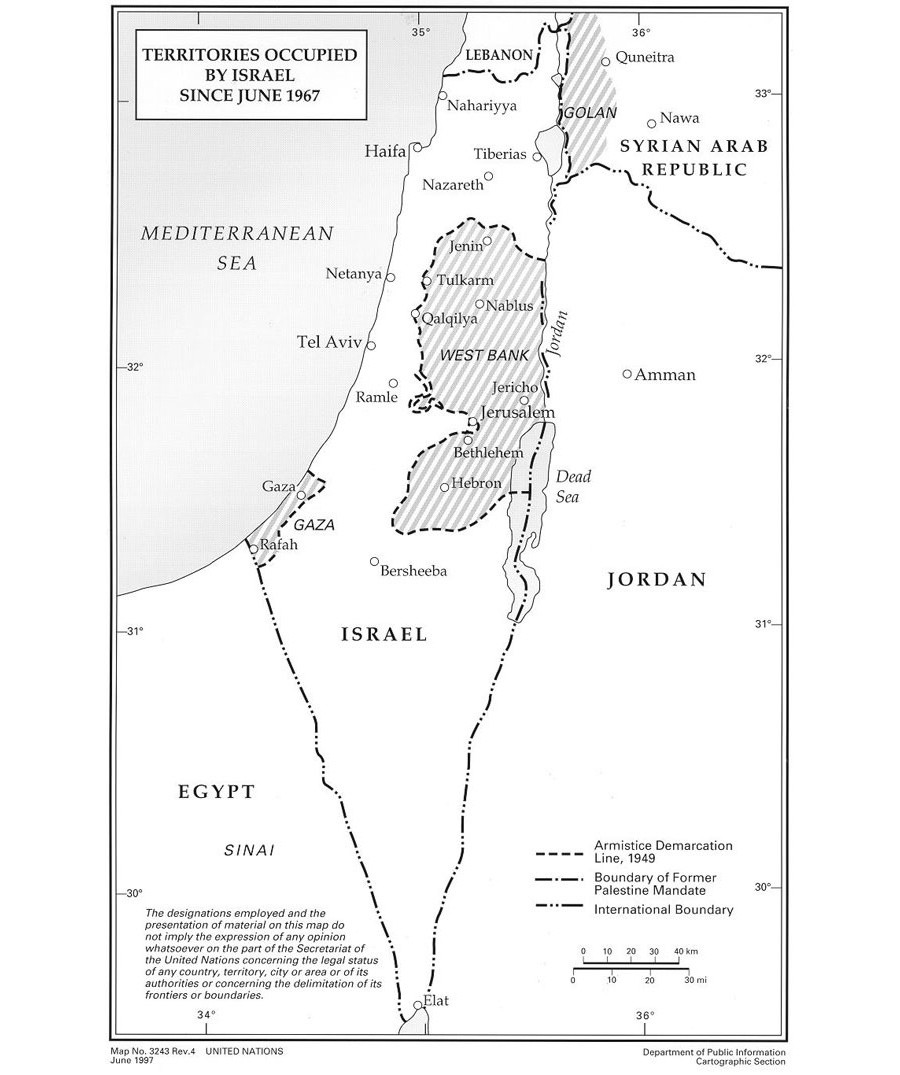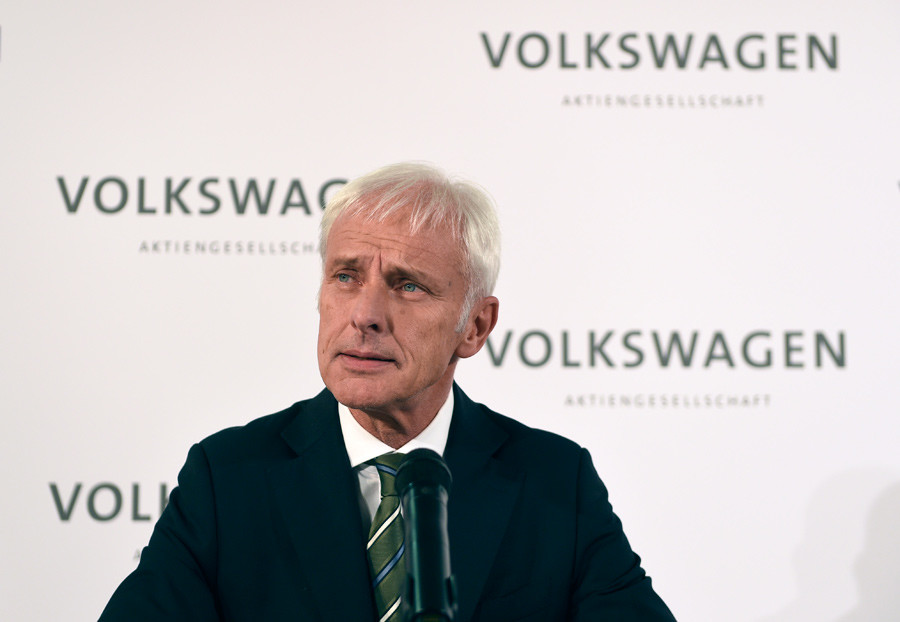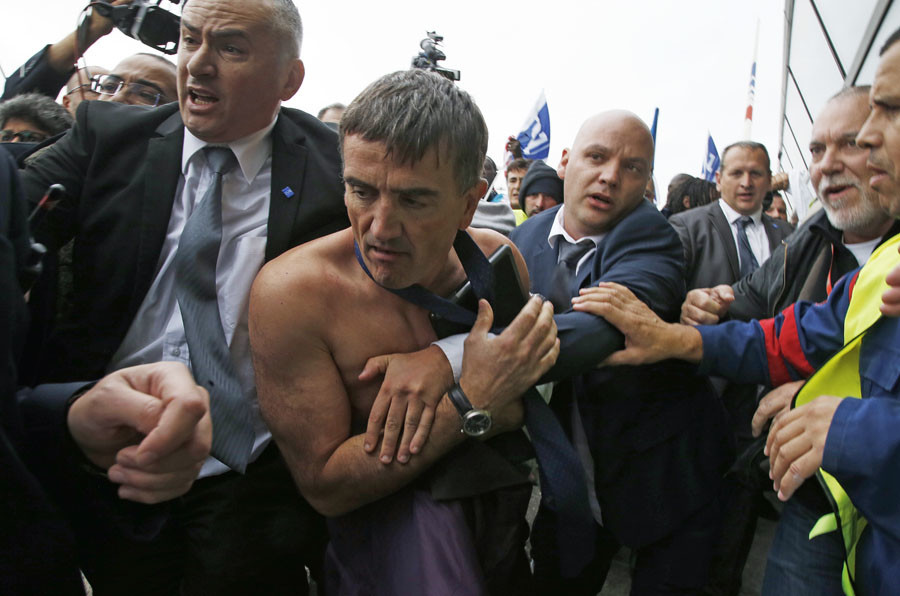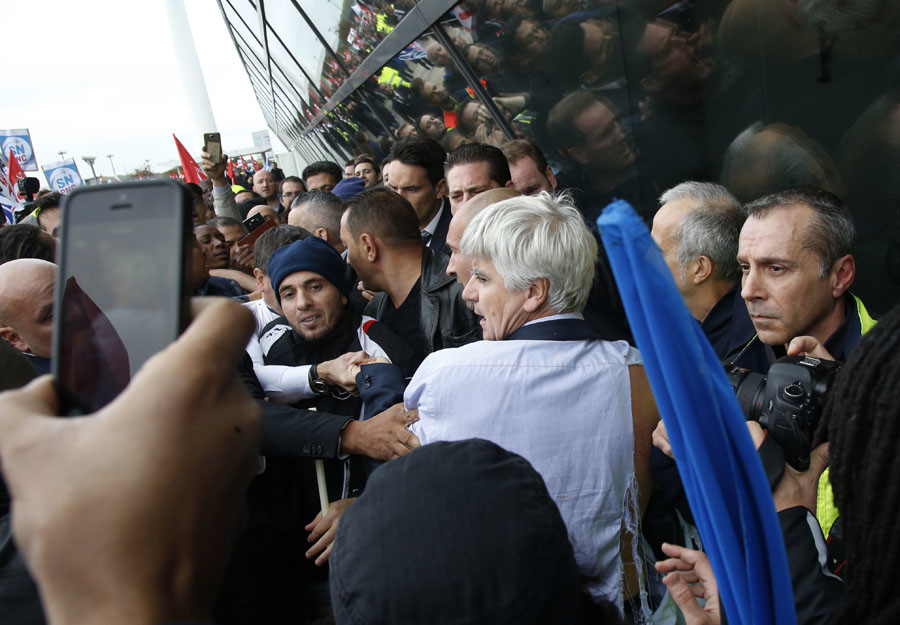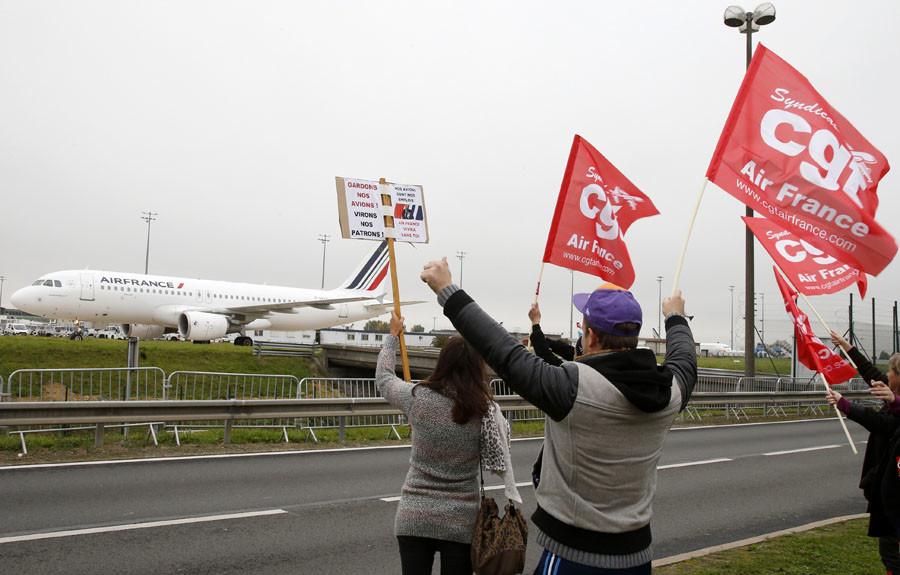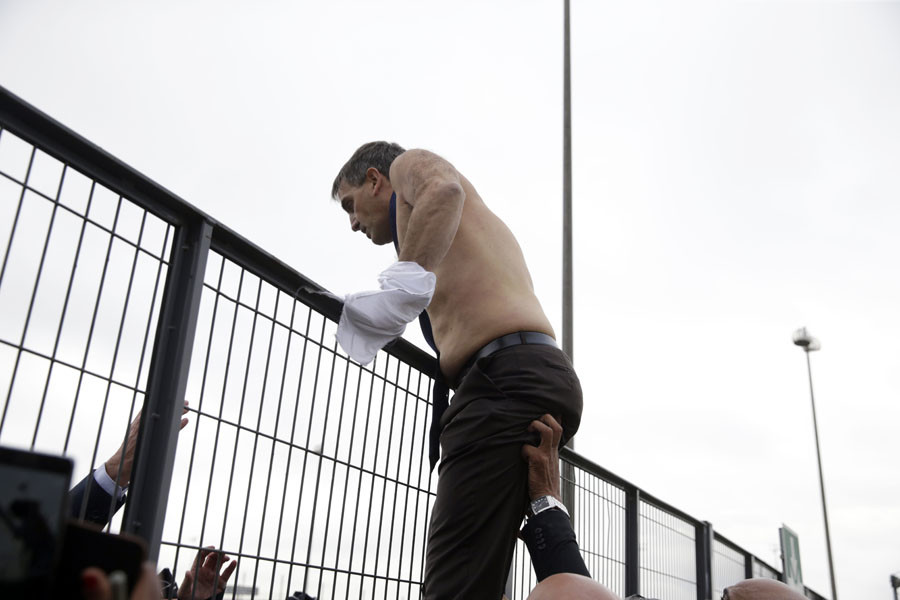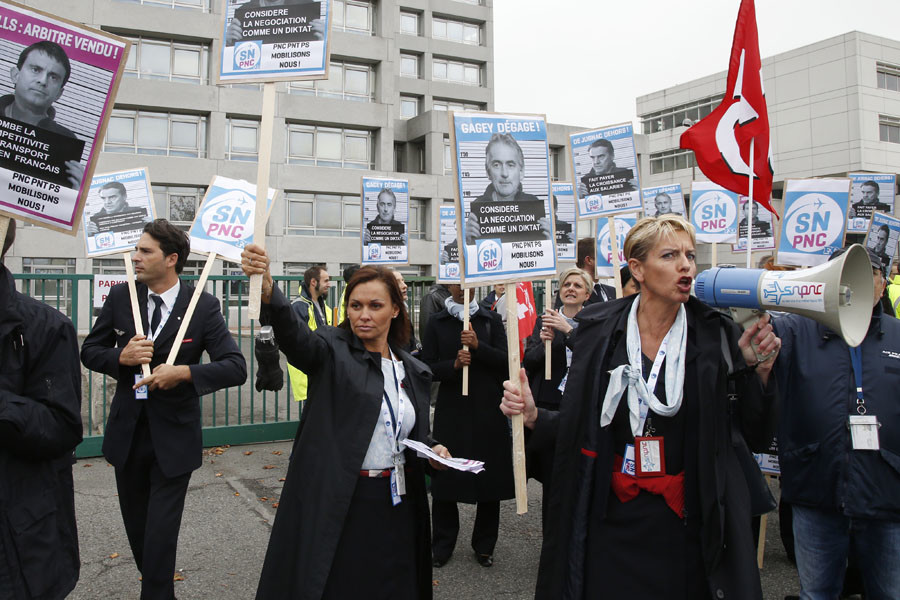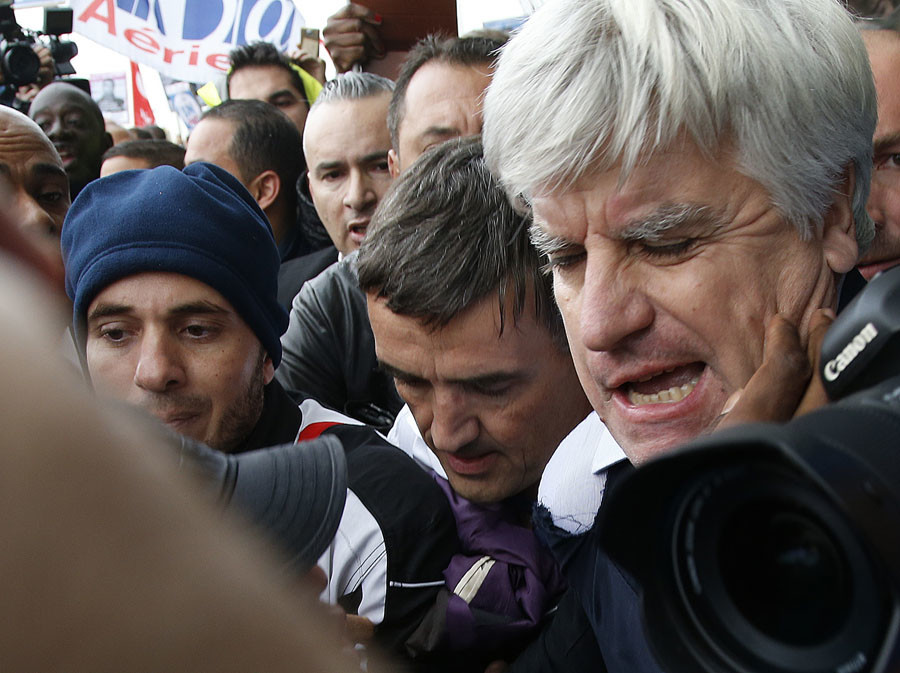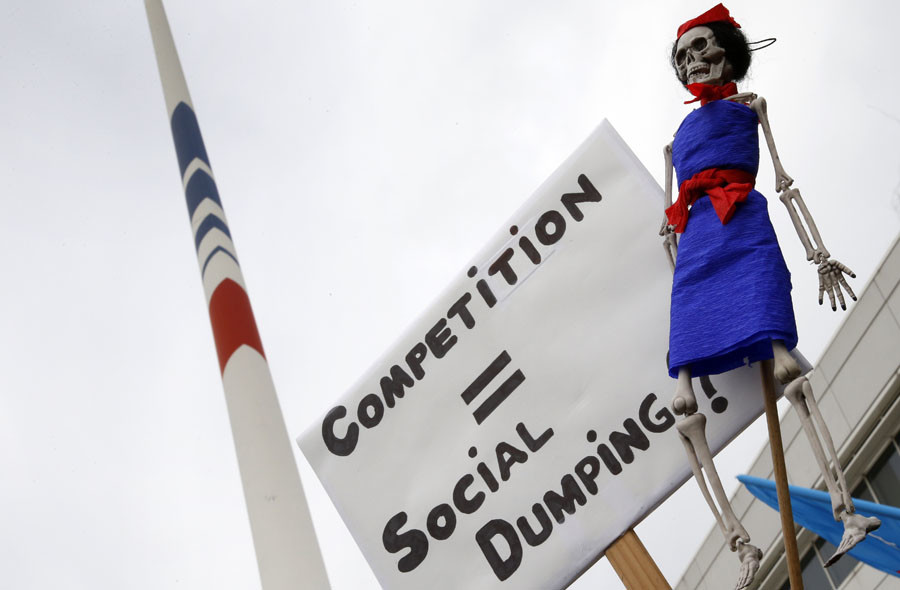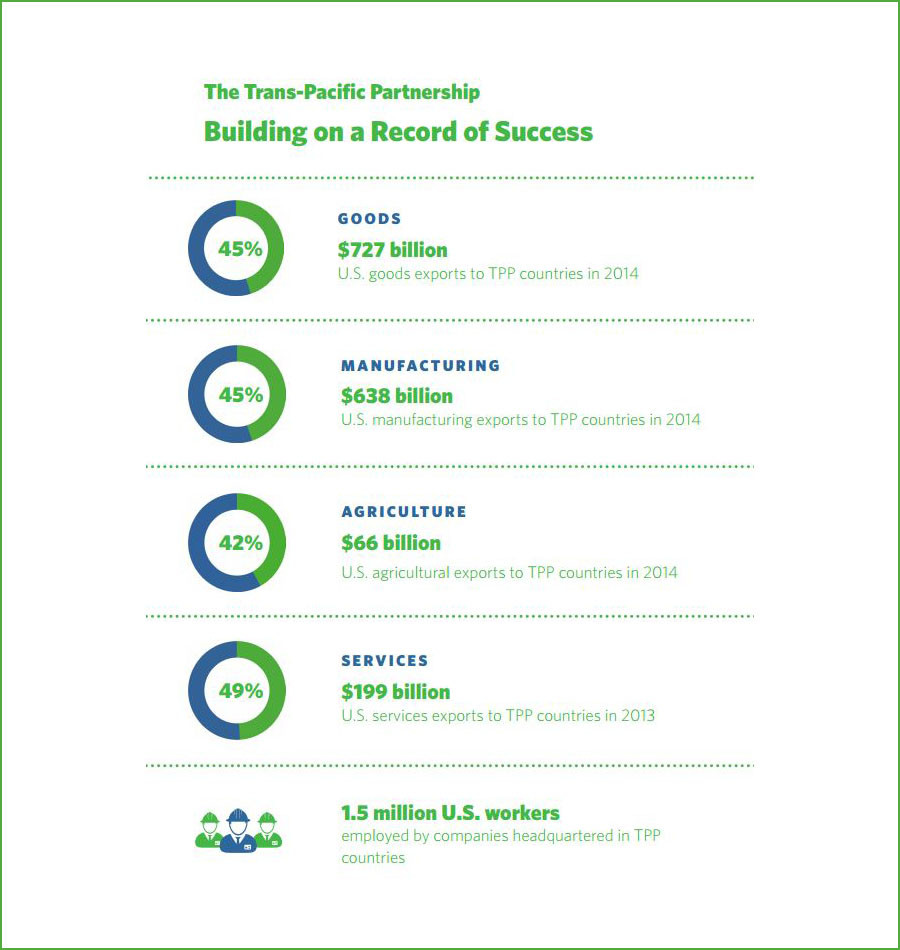The Trans-Pacific Partnership (TPP) is headed by the US and includes Australia, Brunei, Canada, Chile, Japan, Malaysia, Mexico, New Zealand, Peru, Singapore, and Vietnam.
It’s unlikely that China was not invited to join TPP by mistake. “When more than 95 percent of our potential customers live outside our borders, we can’t let countries like China write the rules of the global economy,” said US President Barack Obama in a statement.
The former director of the South American trade bloc Mercosur Jose Manuel Quijano said China is the main victim of TPP. Mercosur unites Argentina, Bolivia, Brazil, Paraguay, Uruguay and Venezuela.
“The main victim is China… because in order to sell to other TPP members, the country needs to have created goods with its raw material or input,” Quijano told the Sputnik news agency.
The countries will therefore not buy raw materials from China, as they would want to sell the goods to the US and other countries, he said.
“It is clear that the aim is to generate trade diversion towards those who are members, and to remove China, which is not [a member],” Quijano added.
This raises questions, whether China and other countries are ready to unite to counter-balance the Pacific Rim pact.
“China and Europe may finally look at each other and find some commonalities that they were unaware of before,” said Alicia Garcia Herrero, chief Asia-Pacific economist at Natixis, in a report quoted by CNBC.
“China expressed interest to the EU commencing negotiations on a bilateral FTA [free trade agreement] when President Xi Jinping visited the EU in March 2014. At the time, the EU recognized this to be a desirable long-term objective rather than something that would be negotiated in the near future,” CNBC quotes Rajiv Biswas, Asia-Pacific chief economist at HIS as saying.
In a report from March 2014, the European Union said economic cooperation with China was the second-largest in the world with €1 billion in trade daily, while bilateral trade in goods reached €428.1 billion in 2013.
Another way for China to oppose TPP is boosting its BRICS participation. Brazil, Russia, India, China and South Africa comprise about 30 percent of world’s GDP at the moment in PPP terms and are projected to increase to as much as 45 percent by 2030. BRICS already accounts for 17 percent of world trade.
China could also speed up the New Silk Road project. Beijing plans to inject tens of billions of dollars to support the project that involves the construction of railways, highways, power grids, oil and gas pipelines, maritime and other infrastructure links across Central, West and South Asia to Europe, increasing the connection between the east and the west.
Valery Mironov from the Russian Higher School of Economics says that big regional blocs undermine the activity of the World Trade Organization.
“Washington has traditionally been ahead of the curve, anticipating China’s intention to implement the New Silk Road in the Asia-Pacific region. As a result, there will be two trade unions with different centers of power, represented by China and the United States,” he said.
Mironov added that China and Russia are highly unlikely to ever join the TPP and should cooperate within BRICS, Shanghai Cooperation Organization (SCO) and the Eurasian Economic Union (EEU).
LISTEN MORE:
Article source: https://www.rt.com/business/318012-china-us-trans-pacific-partnership/?utm_source=rss&utm_medium=rss&utm_campaign=RSS
